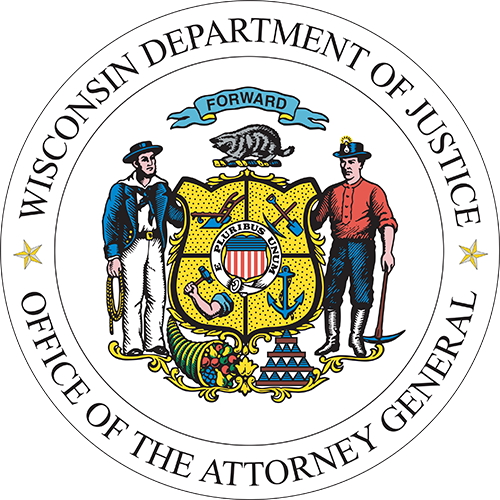AG Kaul Joins Lawsuit to Block Federal Restrictions on Public Benefits
MADISON, Wis. – Attorney General Josh Kaul today joined a coalition of 20 other attorneys general in suing the Trump administration to stop its unlawful attempt to impose new restrictions that threaten Wisconsinites’ access to essential health, education, and social service programs.
This change puts at risk access to community services like Head Start, Title X family planning, adult education, mental health care, and community health centers.
“These changes threaten to put out of reach access to health care services and programs that help create opportunities for Wisconsinites,” said AG Kaul. “The restrictions will damage the effectiveness of important programs and should be enjoined.”
Starting on July 10, the U.S. Departments of Health and Human Services (HHS), Education (ED), Labor (DOL), and Justice (DOJ) issued a coordinated set of rules and guidance documents that reinterpret the Personal Responsibility and Work Opportunity Reconciliation Act (PRWORA). The agencies’ new interpretation prevents states from using federal funds to provide many programs to individuals regardless of immigration status, which could require them to verify the lawful status of those they serve. The rules took effect with minimal notice and impact a wide range of people, including U.S. citizens, lawful residents, temporary legal workers, and others who may not have immediate access to formal documentation.
The new verification requirements for lawful status would inevitably harm Wisconsinites regardless of legal status, as many of the U.S. citizens being served by safety net programs lack proper government identification. The rule imposed by the Trump Administration could lead to ridiculous outcomes. Notably, it could require soup kitchens run through the Community Services Block Grant program to verify a person’s legal status before allowing someone to enter and eat.
In Wisconsin, the new federal restrictions put at risk more than $43 million each year in substance abuse and community mental health block grants that fund services in all 72 counties, 11 Tribal nations, and approximately 50 nonprofit organizations. These programs serve vulnerable populations in the state, including people with serious mental illness, those experiencing homelessness, pregnant women, and individuals at risk of overdosing, all of whom could face service disruptions or closures because of these new restrictions.
The change also jeopardizes several family clinics in Wisconsin, particularly in rural counties, that serve thousands of low-income or uninsured patients. Requiring additional documentation could deter eligible Wisconsinites from seeking preventative care, leading to poorer health outcomes, higher emergency care costs, and greater strain on the state’s public health systems.
The coalition argues that the federal government acted unlawfully by issuing these changes without following required procedures under the Administrative Procedure Act, and by misapplying PRWORA to entire programs rather than to individual benefits. The changes also violate the Constitution’s Spending Clause by imposing new funding conditions on states without fair notice or consent.
Joining AG Kaul in filing this lawsuit are the attorneys general of Arizona, California, Colorado, Connecticut, Hawai’i, Illinois, Maine, Maryland, Massachusetts, Michigan, Minnesota, Nevada, New Jersey, New Mexico, New York, Oregon, Rhode Island, Vermont, Washington, and the District of Columbia.
A copy of the complaint is available here.
NOTE: This press release was submitted to Urban Milwaukee and was not written by an Urban Milwaukee writer. While it is believed to be reliable, Urban Milwaukee does not guarantee its accuracy or completeness.






















